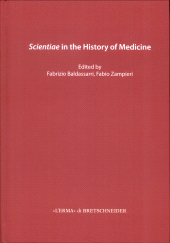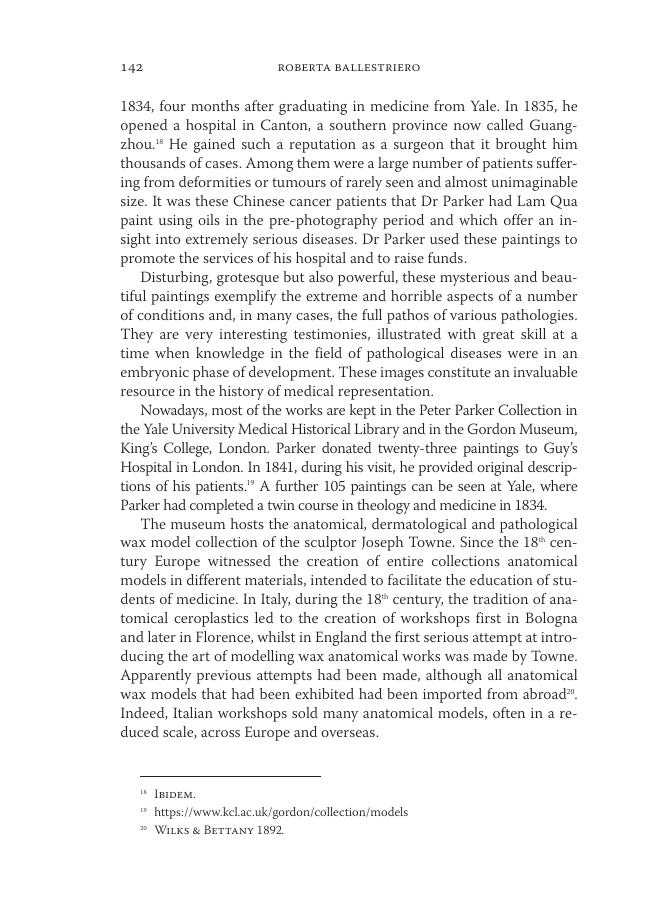The science and ethics concerning the legacy of human remains and historical collections : the Gordon Museum of Pathology in London
P. 135-149
I present the case of the Gordon Museum of Pathology in London, one of the first British anatomical ceroplastic artists worked in the nineteenth century, especially focusing on a less explored issue concerning the legacy of human remains as it affects museums of pathology. The chapter meaningfully deals with (a.) the changes ethical norms have undergone in recent decades in storing and exhibiting human remains, revealing a new moral attitude towards the manipulation of ancient skeletons, (b.) the legal approach to the dead as a way to restore individual rights, and (c.) the educational value of collections, and especially the case of wax reproductions. Attention to the history of medical knowledge acquires particular significance nowadays, as both a way to fight back at the surge of anti-vax movements and studying emerging diseases such as Covid-19. [Publisher's text]
-
Chapitres du même volume (disponibles individuellement)
-
Informations



